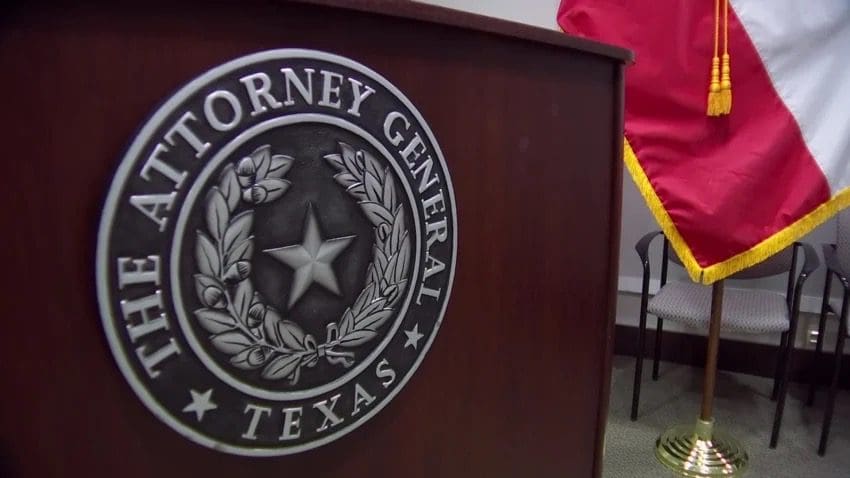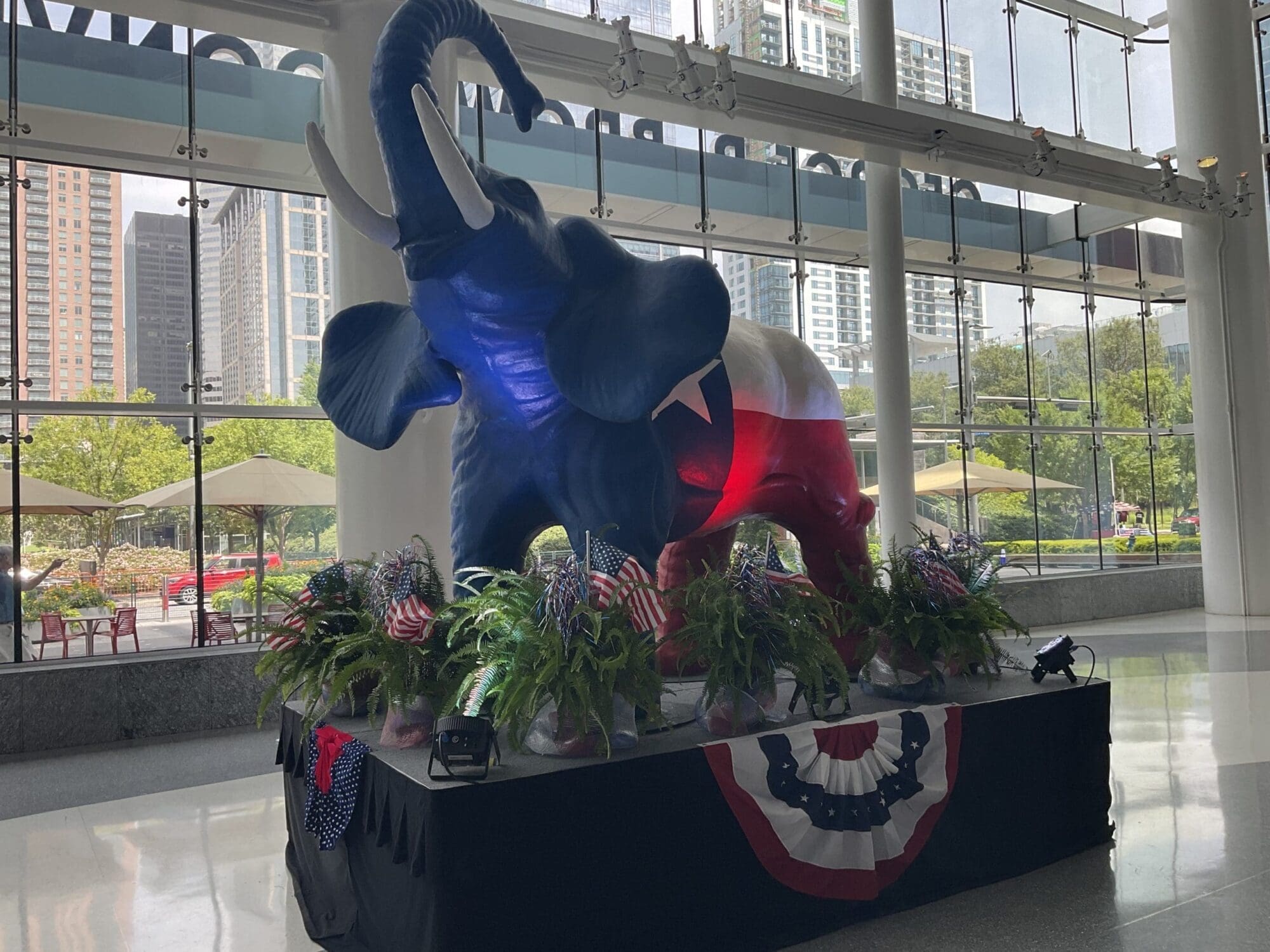The Republican Party of Texas has officially approved new rules, closing the party’s primaries from Democrat influence.
The new rules require voters to register their affiliation with the party to vote in the primary elections.
Approved by delegates to the Republican Party of Texas’ biennial convention in San Antonio on Friday, the rule specifically states that voters are eligible to vote in the Republican Party primary if they haven’t affiliated with another political party in the current year and meet the following criteria:
- The individual voted in the Republican Primary Election or the Republican Primary Runoff Election in the previous biennium as shown in the records maintained by the Republican Party of Texas; or
- The individual is registered as a Republican with the Republican Party of Texas; or
- The individual completes and submits a written certificate of affiliation with the Republican Party of Texas no later than the first day on which a candidate may file for a place on the General Primary Election ballot for the General Primary Election; or
- The individual is voting in their first primary election and is under the age of 21.
While establishing closed primaries—in which voters may only vote in the primary elections for the party they are affiliated with—has been a legislative priority of the Republican Party of Texas, the state instead operates an open primary system.
Voters of any party can choose which party’s primary they would like to vote in, although they may not vote in both in the same year. In some districts, that means Democrats voting in Republican primary elections in safely red districts to elect more moderate candidates.
Nearly 73 percent of Republican voters approved a ballot proposition in support of closed primaries during the primary election last month.
This year, new attention was placed on the issue after an internal memo from then-presidential hopeful Nikki Haley’s campaign revealed that Democrat support in open primary states like Texas could boost her chances.
In races like House District 21, where Speaker Dade Phelan is fighting for his seat in a runoff election, 9 percent of voters had a history of previously voting in Democrat primaries.
While the party’s rule has now been adopted, the issue is expected to be challenged in court, as some have argued that any changes to the primary process must move through the state legislature which has failed to act in previous sessions.





